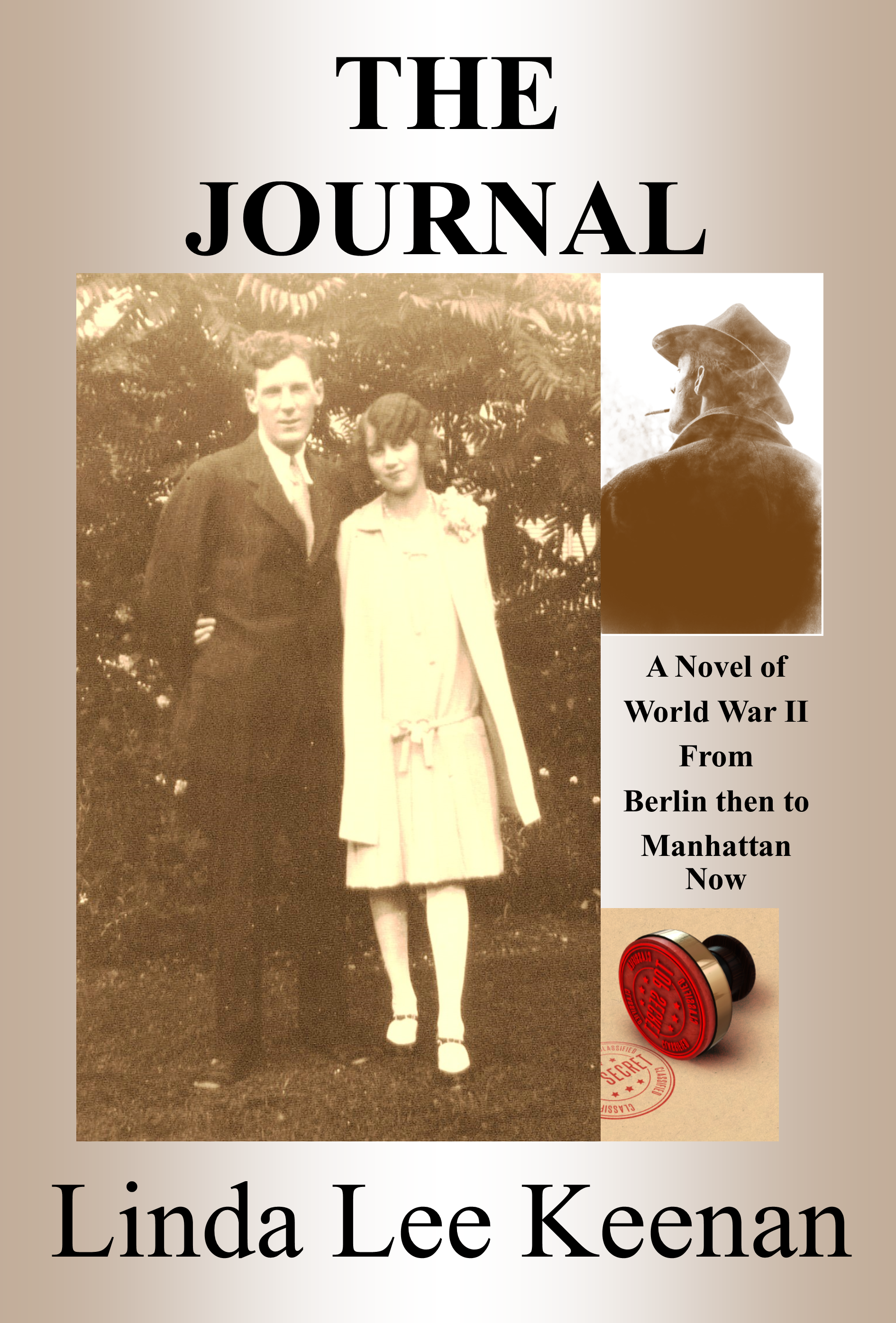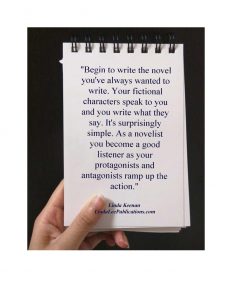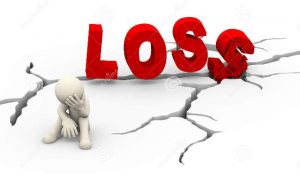
The Journal is described by the author as “A Novel of World War II from Berlin Then to Manhattan Now.” It’s a story that emphasizes the survival of love against all odds—even war—and tells of Julia Hamilton, a modern-day interior designer in Manhattan whose great-uncle joined the underground forces in Germany to save people from the Nazis. World War II’s events seem distant from Julia’s life despite her family’s connections to the opposition, but Uncle Per wants Julia to understand these experiences, and a journal is the perfect place to capture them for posterity.
As the worlds of 2015 Manhattan and 1940 Berlin are juxtaposed and explored, readers receive a thought-provoking contrast in experiences and perceptions that captures Uncle Per’s encounters with ordinary citizens both for and against the Nazis (“I could not decide how to respond. She was obviously pro-Hitler and I was in Berlin to protect Sweden from Hitler.”) and contrasts them with Julia’s own journaling efforts and her increasing understanding of the past: “Until then, her journal writing was conducted without her conscious mind being present. Every other time she’d written what Uncle Per had told her, she had not comprehended it until the next day after resting. That night there was a change. She was acutely aware on all levels of what her uncle was saying while he was telling his story. Did that mean that she was in both places at once – in Manhattan in 2015 and in Berlin in 1940?”
As Julia writes of her uncle’s experiences, she becomes immersed in not only his life, times, and challenges; but in the notion that there is more than a transient connection between events of the past and her life.
The contrast between Uncle Per’s stories and experiences and Julia’s world is nicely done, using italics to separate these two identities and their accounts. This maintains clarity, separating each character so that readers don’t become lost.
Another plus is that the story takes many unexpected turns, venturing into areas of loss, heartbreak, love, and broken hearts as well as missions realized and thwarted.
Over time, Julia comes to not just understand her uncle, but becomes immersed in his experiences, choices, and the social, political and military struggles of Berlin during the war.
Astute in its observations, vivid in its representations, and nicely balanced in its journeys between past and present worlds, The Journal is especially recommended for readers of historical fiction, thrillers, and history’s mysteries who will find the combination of intrigue, sacrifice, and evolving romance nicely done and thought-provoking, adopting an unusual perspective that sets the story apart from other World War II novels.
D. Donovan, Senior Reviewer Midwest Book Review




